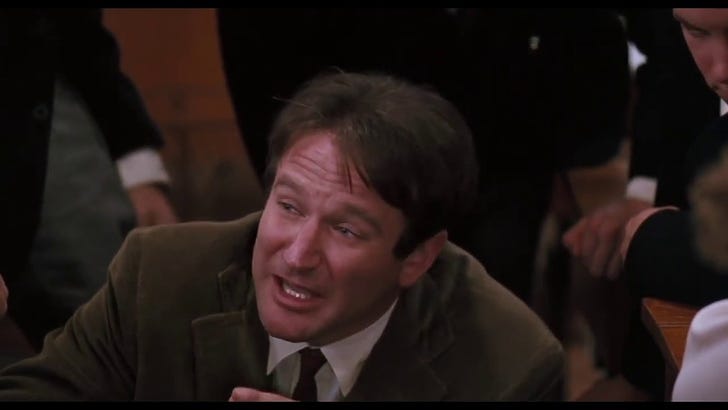The Metaphysics of Fiction - The Necessity of Mythic Fiction for the Survival of Nations and Civilizations
Do Books Have Energy?
To say my thinking has been changing these past two years is the understatement of the century. Before, I wrote Fantasy simply because I liked it. There was no real thought behind it. My stories didn’t feel as intuitive as they do now. There was something… almost abstract about it. I can hardly explain it. To look on my first attemp…




